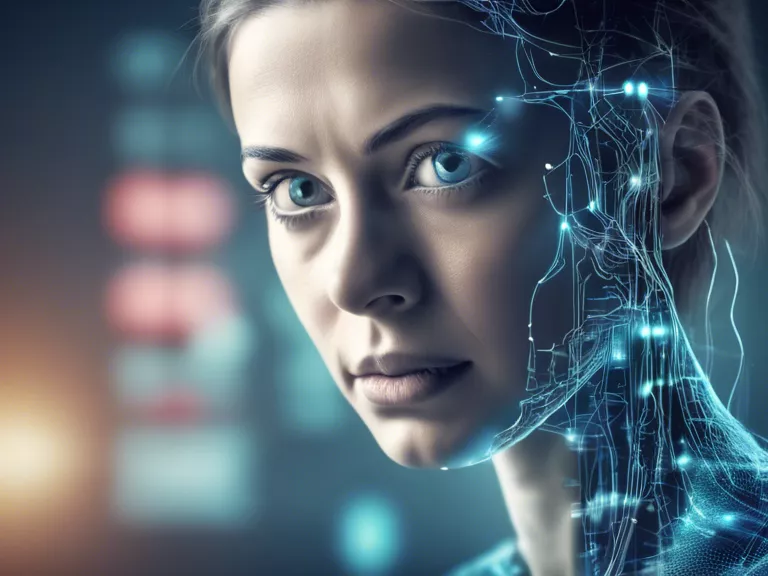
Artificial intelligence is playing an increasingly important role in the detection of early signs of mental health issues. With advancements in machine learning and data analysis, AI tools are being used to identify patterns and behaviors that may indicate mental health conditions before they become more severe. This article explores the role of AI in mental health screening and how it is revolutionizing the way we approach mental health care.
One of the key advantages of using AI in mental health screening is its ability to analyze large amounts of data quickly and efficiently. By examining patterns in speech, writing, or behavior, AI algorithms can flag potential signs of mental health disorders such as depression, anxiety, or schizophrenia. This early detection can lead to timely interventions and support for individuals who may be struggling with their mental health.
AI tools can also be used to monitor individual's online activities and social media posts for signs of distress. By analyzing language patterns and sentiment, AI algorithms can identify individuals who may be at risk of mental health issues and connect them with appropriate resources. This proactive approach to mental health screening can help reduce the stigma associated with seeking help and encourage more people to reach out for support.
In addition to identifying early signs of mental health issues, AI can also be used to personalize treatment plans for individuals. By analyzing an individual's genetic, environmental, and lifestyle factors, AI algorithms can recommend personalized interventions that are tailored to their unique needs. This personalized approach can lead to more effective treatment outcomes and better overall mental health.
Overall, the role of AI in detecting early signs of mental health issues is becoming increasingly important in our society. By leveraging the power of AI tools, we can improve mental health screening, reduce stigma, and provide more personalized care for individuals who may be struggling with their mental health. It is clear that AI has the potential to revolutionize the way we approach mental health care and support those in need.



